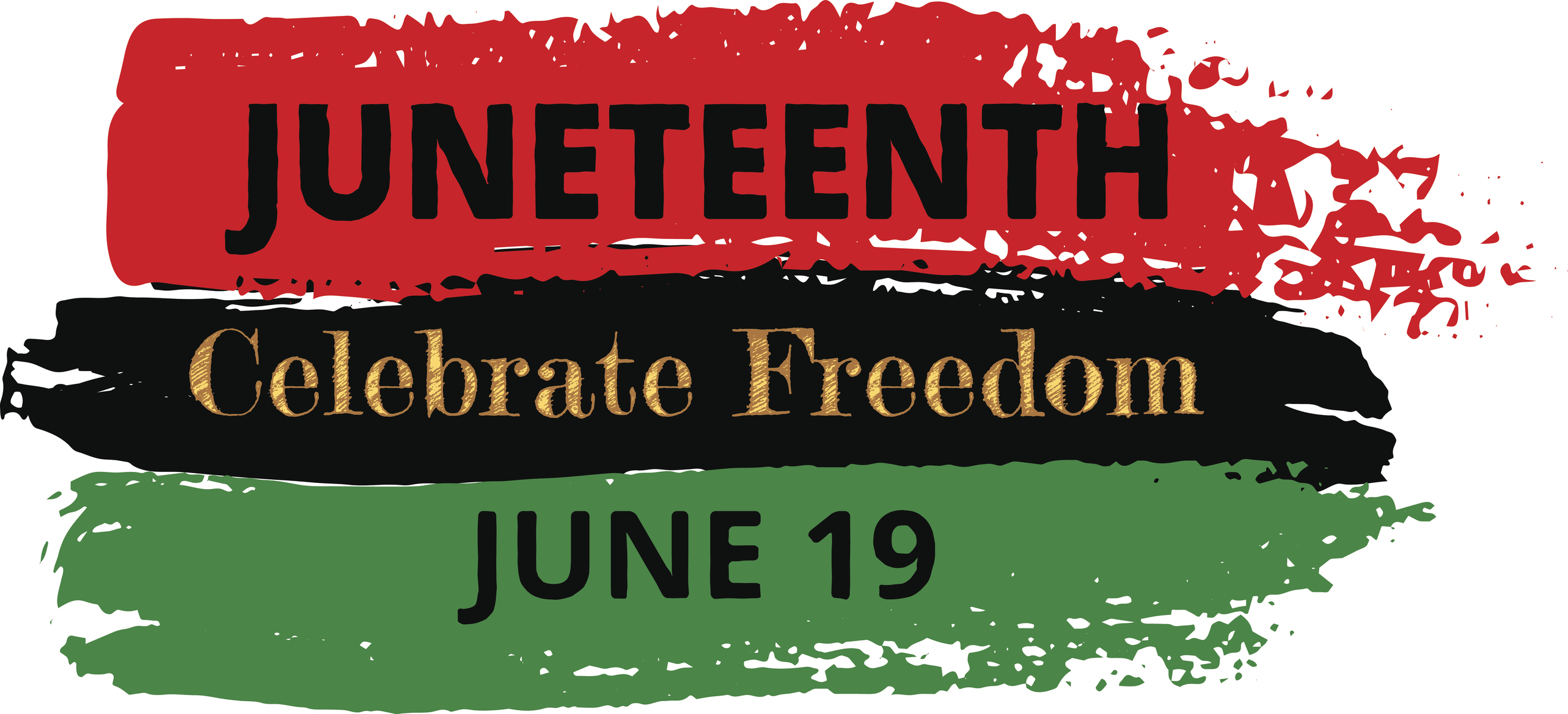Juneteenth and the ongoing struggle for justice
Read more about InAlienable.Support Quixote Center’s InAlienable program!
InAlienableDaily Dispatch
June 19, 2019

154 years ago today, a union general announced to a group of enslaved people on Galveston Island, Texas that they were free. The Civil War had ended two months earlier; the Emancipation Proclamation issued two years earlier. But June 19, 1865 has been celebrated as Emancipation Day since.
Lauren Jones reflects on this history in the Quixote Center blog today. In “Juneteenth, Why we still Fight for Freedom,” she points to the interconnected struggles for justice:
This is why in the midst of our celebrating, Juneteenth should remind us that we still have a long way to go when it comes to “justice for all,” and we should continue to be vigilant in our fight for justice. The hope is to see a country where all of its citizens are truly free and those seeking refuge are offered the opportunity to experience this freedom as well.
Also drawing the connection between the celebration of emancipation and the call for justice today is Van Newkirk II, writing in The Atlantic.
In 2019, Juneteenth will be celebrated as emancipation was in the old days: with calls for reparations. As the country marks 154 years since news of the end of slavery belatedly came to Texas, the House Judiciary Committee will hold a hearing on the subject of reparations for black Americans. It is a watershed moment in the larger debate over American policy and memory with regard to an enduring sin.
The hearing is a discussion of the Commission to Study and Develop Reparation Proposals for African-Americans Act. The hearing will examine, the legacy of the trans-Atlantic slave trade, its continuing impact on the community and the path to restorative justice. Legislation to create this commission was first introduced by John Conyers in 1989, and in every Congressional session since, but it has not seen much movement. Ta-Nahesi Coates, who will testify today, is perhaps most associated with re-energizing the discussion on reparations. His piece in The Atlantic’s June 2014 issue, The Case for Reparations, became their most widely shared article. For an alternative take on the debate on reparations, from a left perspective, see Cedric Johnson’s "Reparations isn’t a Political Demand", in Jacobin.
Trump threatens expanded enforcement and deportations
President Trump is threatening mass enforcement actions to round up and deport “millions” of unauthorized immigrants in the United States in the coming week. Immigration and Customs Enforcement seemed unaware of any plan: “ICE said on Tuesday that it will continue to conduct “routine targeted enforcement operations” and referred questions about Trump’s tweets to the White House.”
Whether more Trump bluster, or not, the threat is having its intended consequence: Suck up all of the media air on immigration and generate fear among communities throughout the United States.
To be clear, the United States is now incarcerating over 53,000 people on any given day in adult immigrant detention facilities, approaching 14,000 in child detention facilities, and 2,000 in family detention. The administration is already over budget on detention, and thus has no ability to actually detain hundreds of thousands of people and offer any kind of due process concerning claims about immigration status on that scale. That said, there may well be several high profile enforcement actions in the coming weeks.
Trump's war on immigration is about to step up. Are we ready?
Presidential candidates talk to the New York Times about immigration
The New York Times published a series of interviews with Democrats vying for the nomination for president. The video interviews cover a range of topics, here you can see their views on the question, “Do you think illegal immigration is a major problem for the United States?” Few of the candidates answered the question directly.
We’re wondering why the New York Times didn’t ask, “Is incarcerating tens of thousands of people each day for seeking a new life in the United States a major problem for the United States?” Or, “Are mass arrests and threatened deportations of millions of people already living here a major problem for the United States?” Maybe in the next round of questions.

